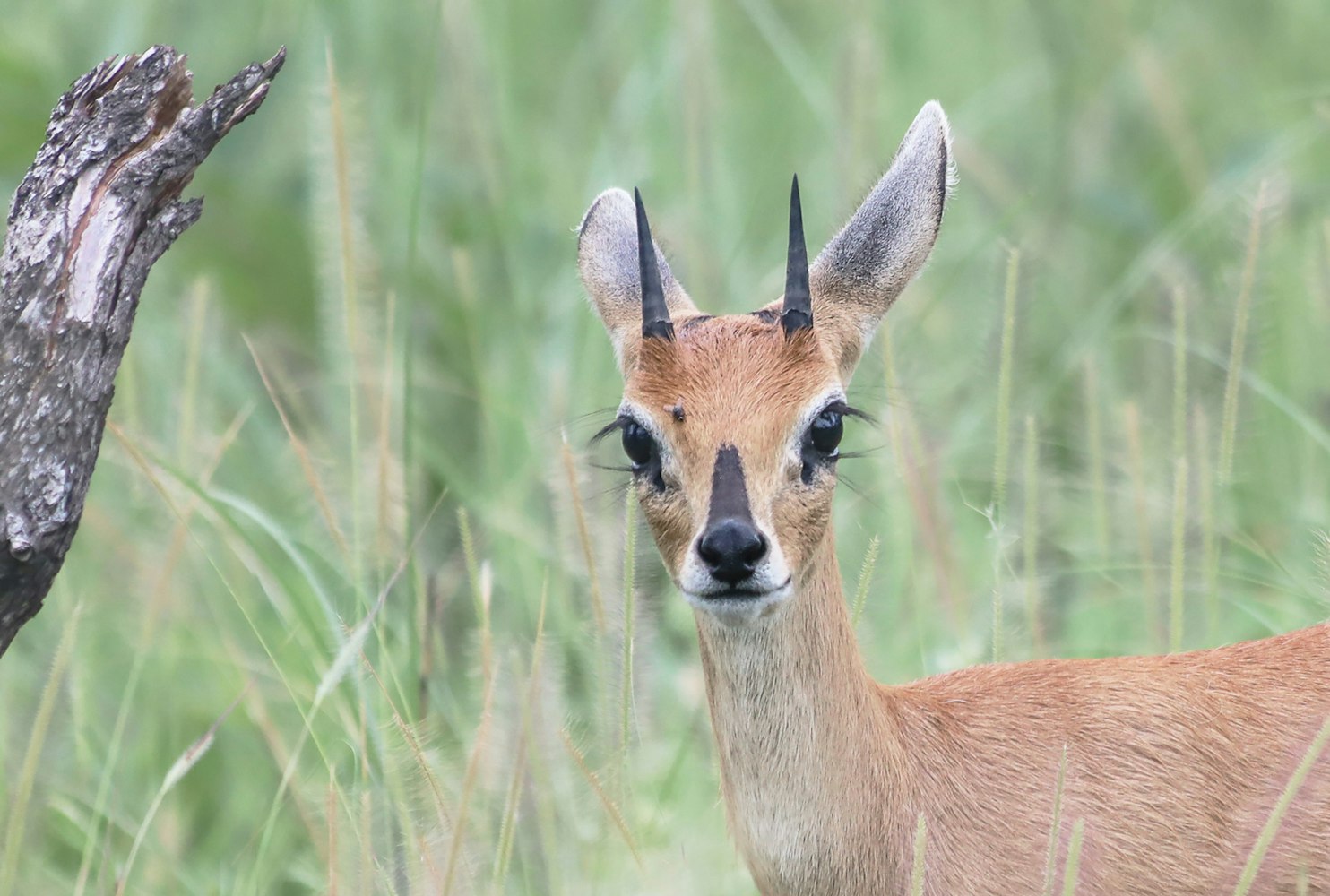
Leadership Lessons From The South African Savanah – Part 2 of 3
Image credit Jean Wimmerlin on Unsplash
Your Unfair Advantage
All of a sudden, the driver of our safari truck steps on the gas pedal and we take off! He’s anxiously speaking with the guide in their native language.
This is an evening safari drive and it’s dark the only things we can see are the car’s headlights and the stars. The guide, who is sitting on a special exterior seat near the front bumper is moving his flashlight quickly from left to right.
I think we’re chasing something, but we don’t see anything.
We’re moving so fast I thought an elephant was chasing us so I looked back just in case…
My wife and I are freaking out a bit because we don’t know what was happening, but my kids are having a blast.
Then the guide aimed his flashlight at a small bush about 20 feet away and with a combination of a whisper and controlled excitement he says, “LEOPARD!”
And there it was.
Seeming to magically appear out of the darkness, we see a beautiful leopard the size of a medium-sized dog. It gracefully maneuvered and contorted its body through the branches of a large bush only to position itself in a way that it could get a better look at us, but also pounce on us if necessary.
The driver slowly positioned the vehicle so that I was now about 10 feet away and directly in front of the leopard, which was now making direct eye contact with me.
For the next five minutes, we were frozen. We all stared back in quiet amazement appreciating the beauty of this magical creature.
And just as easily and as quietly as it appeared, the leopard was swallowed into the night. Off it went in search of its next meal.
One of the most amazing things about the Savanah is that even among all of these dangerous predators like the leopards, the hyenas, crocodiles, and even the eagles occasionally you’ll find a tiny animal living like a rabbit (Hare) living in the midst of this unforgiving environment.
Or you’ll see something that looks like a baby impala (called a Steinbuck) that’s no bigger than a puppy.

We also spotted tiny chameleons on the ends of branches and guinea fowls (also called African chickens).
On multiple occasions, I said to myself, “There’s no way this little animal should be alive here.”

How are these tiny creatures surviving in an environment where there are predators all around?
But not only do these vulnerable animals survive, but they can also thrive despite being surrounded by larger predators 24/7.
THE UNFAIR ADVANTAGE
All of these animals have a special skill or super strength, especially the smaller ones. They have at least one natural ability that gives them an unfair advantage in the wild.
The hare runs in a zig-zag pattern making it almost impossible to catch.
The baby steinbuck antelope is so small that it’s hard to spot among the high grass, but if you get close, it can jump over high bushes.
The chameleon is a master of disguise with its ability to blend into its environment by changing its color and even texture.
They all have something that gives them an unfair advantage.
YOUR UNIQUE ABILITY
How much time do we, humans, spend thinking about our strengths or those abilities that give us an unfair advantage?
Some people display artistic abilities from a young age, but for the rest of us, our strengths are a little less obvious and so natural we don’t see them as special or unique.
The business coach, author, and entrepreneur Dan Sullivan describes this as a Unique Ability and it has four characteristics:
- Superior skills
- Passion
- Energy
- Never-ending improvement
What is that thing you do so well that others ask, “how do you do that?”
What do others ask you for help with?
There are tons of questions like this that help us gain a better understanding of what our greatest strength is.
Unfortunately, our society and educational system focus on our weaknesses. Sometimes we spend so much energy thinking about and working on our weaknesses that we lose focus of our strengths.
John Maxwell says,
“Go with your greatest assets; don’t waste your time.”
I told someone at work once that evaluations should identify employees’ strengths or unique abilities instead of their areas for improvement because no matter how much time we invest in our weaknesses we’ll never become excellent at them.
My colleague disagreed.
John Maxwell also said, “Working on a weakness within a strength zone will always produce positive results. Working on a weakness outside of the strength zone will not.”
This doesn’t mean we ignore weaknesses. We should manage them, but investing all of our time there will not give us the best Return on Invest (ROI).
When you think about your strengths, your strongest interests, and what makes you unique you start exploring your unfair advantage.
So what’s your unfair advantage?
I want to give a special shout-out to the Ku Sungula Safari lodge in the Greater Kruger Park in South Africa. The service and attention my family and I received was amazing. The guides were so knowledgeable and passionate about the wildlife that they kept us engaged on each 3-hour drive. There was never a boring moment. If you’re looking for a safari adventure please check them out. No one is paying me to say this.

